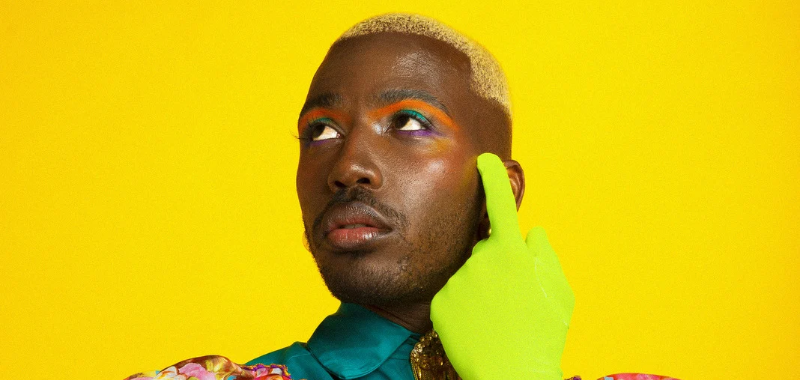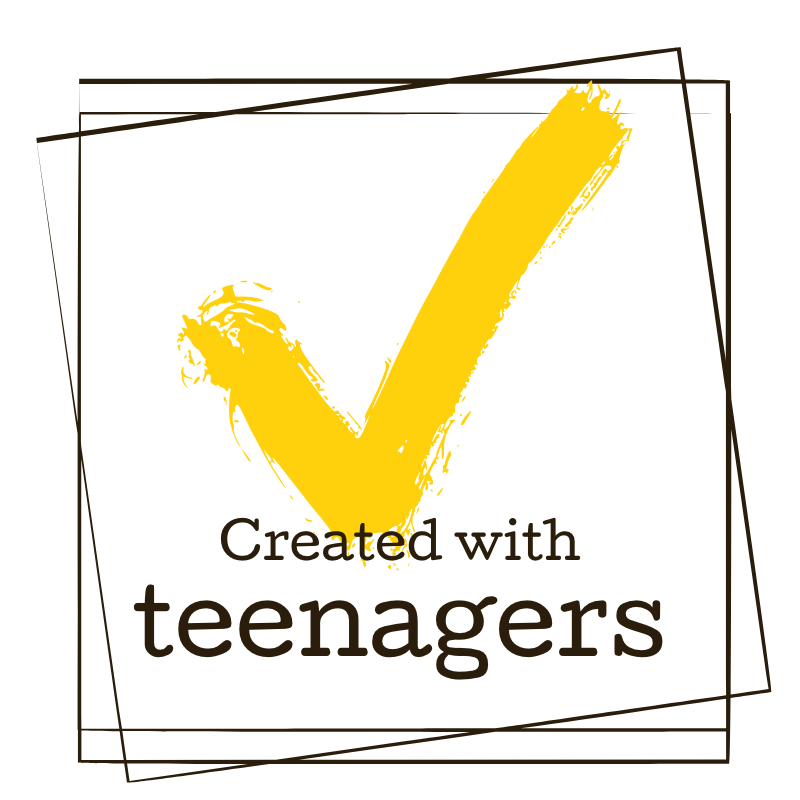Understanding you
Your sexuality and gender identity are part of who you are – however you’re feeling, there is support available.

Your gender
Lots of things make up your gender:
- Your body, for example you might have male or female sex organs.
- Your gender identity, how you feel about your gender.
- Your gender expression, how you show your gender, like how you dress, walk or act.
For many young people, feeling unsure about gender for a while is part of growing up. But for trans or non-binary people, the feelings continue.
Gender identity
When we’re born people have to record whether we’re a boy or a girl. This is usually based on seeing whether we have male or female sex organs.
Being transgender or trans is when someone feels that their gender identity is different from the gender they were given at birth. Trans people might:
- feel like they’re in the ‘wrong body’ and that their genitals don’t match how they feel
- want to change their clothes to better match the gender they identify with
- be scared about telling people about how they feel
Not everyone who’s trans wants to go from living as a boy to a girl (or the other way around). But some trans people might want to change things about themselves, such as how they look or parts of their body. It’s important to do what feels right for you.
Being non-binary means that you don’t identify as either male or female. Sometimes people might feel both male and female, or they might feel like they’re neither.
Coping with gender dysphoria
Gender dysphoria is a condition where someone is struggling or suffering because their gender identity and biological sex aren’t the same. This can start at a very young age and it can have a big effect on you.
If you’re struggling with how you’re feeling there are ways to cope:
Visit your doctor
Your doctor can talk to you about ways to cope and what support is available; they might also refer you to a specialist.
Speak to an adult you trust
Sharing how you feel can be scary but it can help you to build your confidence and feel more able to express your gender.
Distract yourself
When things feel too difficult, you could listen to some music you enjoy, watch a video or play a game.
Express your feelings
Write down how you’re feeling, talk to a friend or create something.
Got a question?
Get in touch with our friendly team.
01992 555847
Services for Young People
Youth work projects, information, advice, guidance, work-related learning and wider support for young people in Hertfordshire.
At Services for Young People (SfYP) Access Point Projects young people can access a wide range of services.
Other people to talk to
There are lots of people you can talk to – your parents, a trusted adult or one of the following:
Childline
Get help and advice about a wide range of issues. You can call them, talk to a counsellor online, send an email or post on the message boards.
Mental health helpline
Urgent and non-urgent help and advice, 24/7 for Hertfordshire residents. You can call or email them. Their website lists other help that’s available.
Kooth
An online mental wellbeing community that offers free, safe and anonymous support. You can read articles, join a discussion board, chat with the team or write in your own Daily Journal.

We created this area of the website with teenagers.
